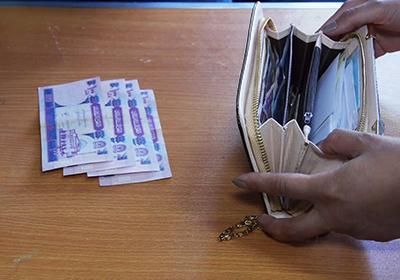The High Office of Oversight and Anti-Corruption (HOOAC) said on Saturday that the anti-corruption judicial center's success would depend on its handling of high-profile corruption cases.
Hussain Fakhri, head of the office, said the anti-corruption judicial center will succeed when the influence of powerful men is stopped.
"Work should be done carefully and seriously, because a number of figures feel unsafe ... Therefore, the anti-corruption judicial center should carry on its activities in a framework of laws and regulations," he said.
The center started its work last month; however, a number of analysts said they believe the center has not taken any steps towards assessing big corruption cases.
"Different organizations were established for the purpose of fighting endemic corruption, but at the end of the day, that body was changed into a corrupt institution," said Asif Baktash, a political commentator.
The Attorney General's Office would not comment on the matter.
Meanwhile, other political commentators said the reason behind the delay in assessing big corruption cases was because of unwanted influences.
"The anti-corruption judicial center will not resume its activities as long as there are powerful figures or those related to government officials. All of them will be appointed as ambassadors or in other posts in foreign countries and then the center will start its work on poor people and it will assess weak corruption cases," said Tahir Hashemi, a political analyst.
Afghanistan will attend the Brussels Summit in October. The serious fight against corruption is one of the main commitments by the Afghan government to the international community – which it has to report back on at the summit.



Comment this post